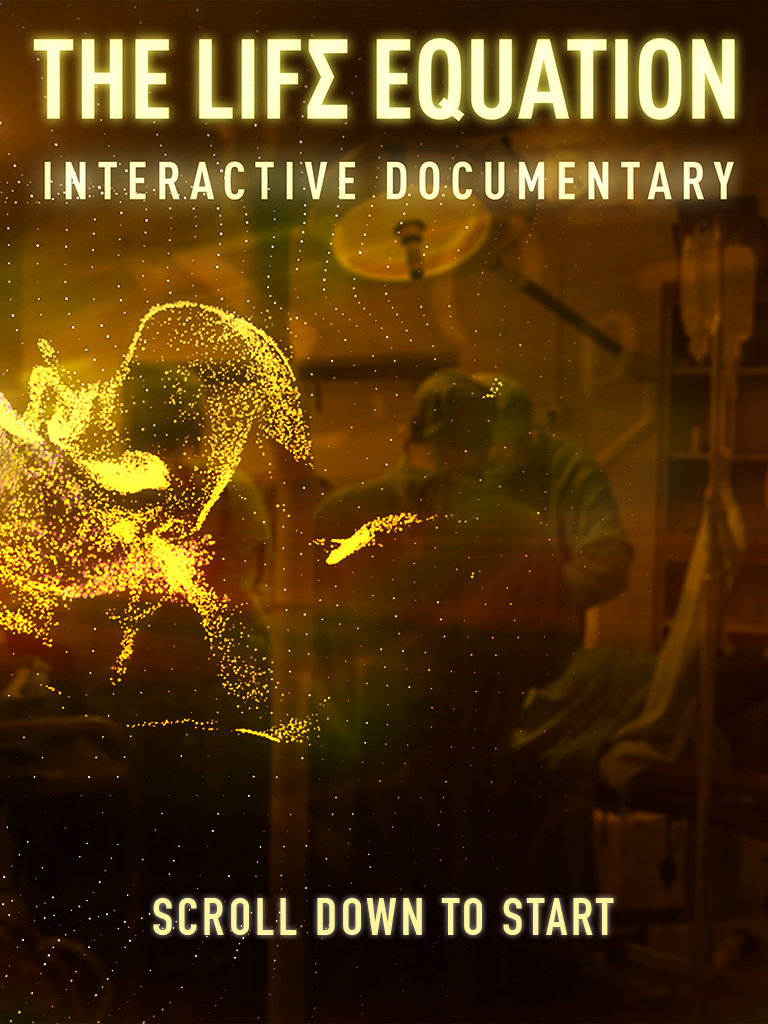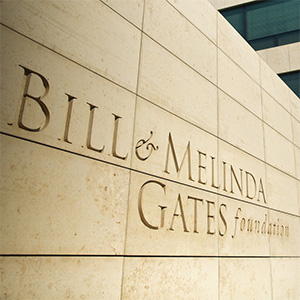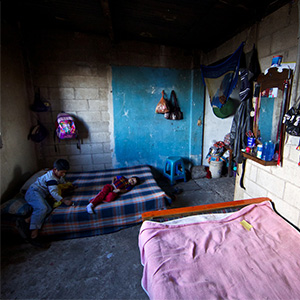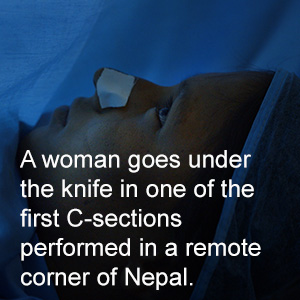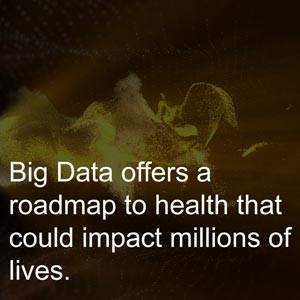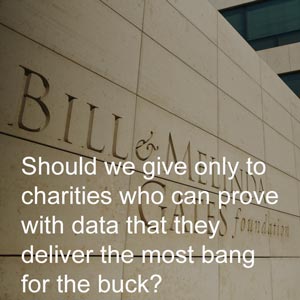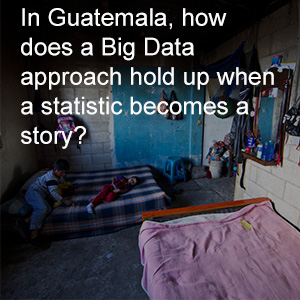In 1996, the supercomputer ‘Deep Blue’, capable of evaluating over 200 million positions a second, beat reigning chess champion Garry Kasparov. Twenty years on, computers are much, much faster. What if we could take all that power and apply it not to a game of chess, but to global health?
In this era of Big Data, perhaps an algorithm could analyze all the options and pick the best move for us. It would transform the lives of a billion people with no access to health care. But what, and who, is lost in the number crunching?

